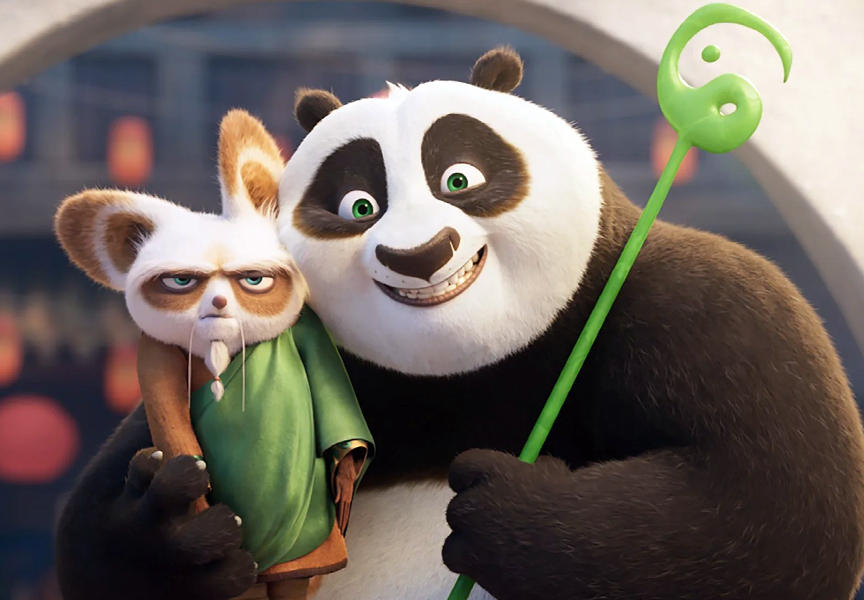Random Free Articles
- Upholding Tradition
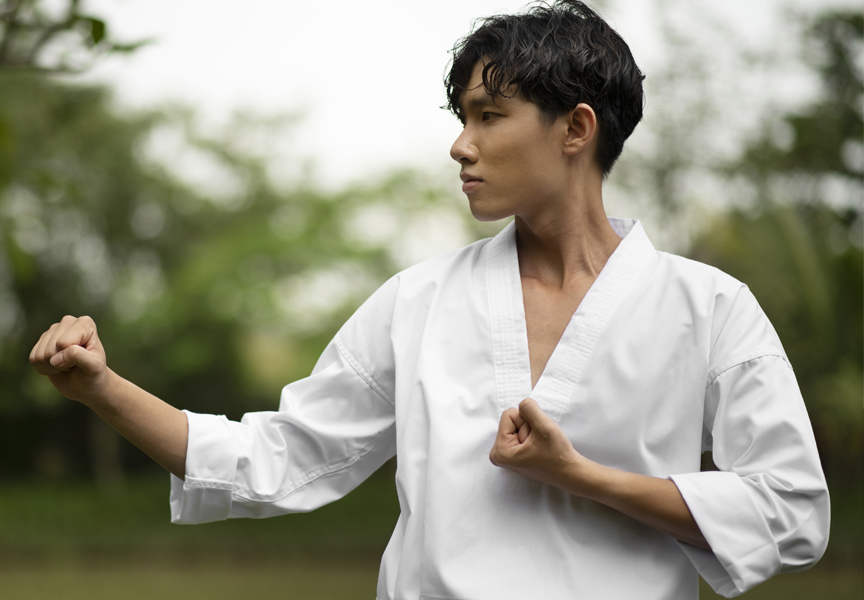
The Responsibility of Practicing Traditional Martial Arts In a world where trends come and go with the blink of an eye, traditional martial arts stand as bastions of timeless wisdom, discipline, and cultural heritage. Rooted in centuries of history and philosophy, these martial arts aren't merely physical disciplines but profound systems of self-improvement and ethical conduct. However, as the popularity of martial arts grows, so does the…
- Karma
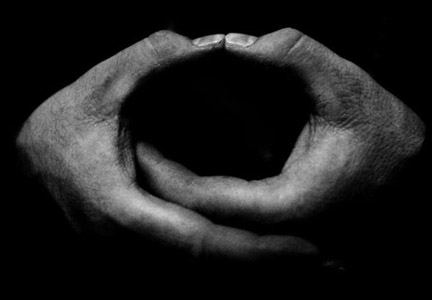
When people are happy and glad, take life for granted. Whereas when they suffer, when they encounter difficulties, they seek the reason for this and the way out of their difficulty. They may wonder why some people are born in poverty and misery, while others are born in favorable conditions. Some people believe that this is due to fate, chance, or an invisible force beyond their control. They feel that they are not able to live the life they…
- Equal Breathing
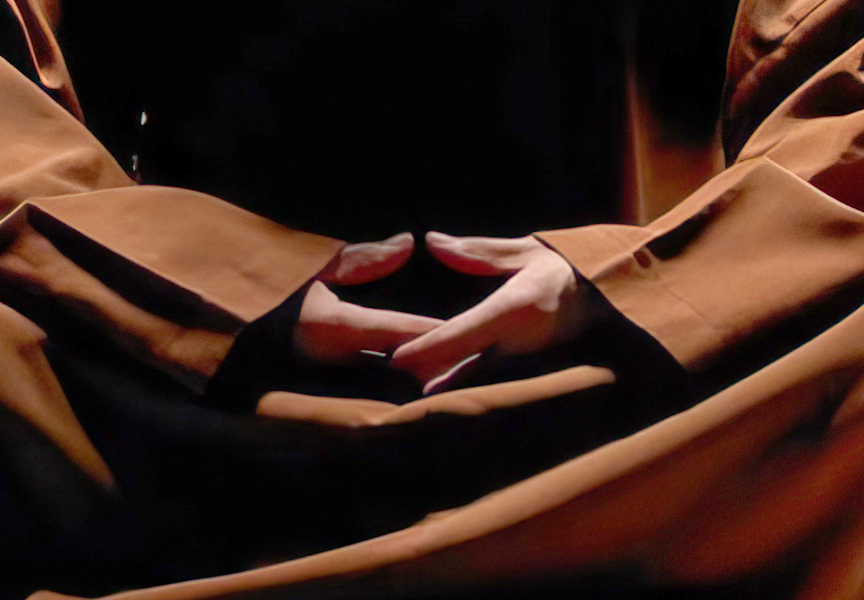
A Harmonious Journey to Mindful Balance In the hustle and bustle of modern life, where stress and anxiety often take center stage, finding solace and balance becomes paramount for overall well-being. One ancient practice that has stood the test of time is Equal Breathing - Fang Huxi [Chin.: Fāng hūxī 方呼吸], also known as Sama Vritti [Samāvṛtti - समां वृत्ति] . This mindful breathing technique offers a simple yet…
- Overcoming the First Hurdle
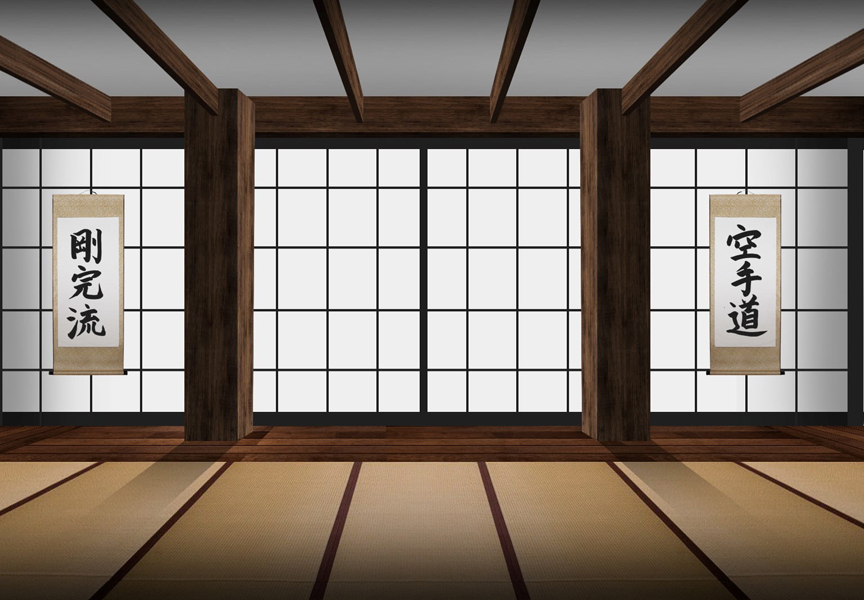
Walking into a Martial Arts Dojo for the First Time Embarking on the journey of learning martial arts can be a daunting prospect for many. The mystique surrounding the dojo and the myriad of preconceived notions can create mental barriers, often discouraging individuals from taking that first step through the front door. This article aims to demystify the most challenging part of starting martial arts – the initial act of walking into the…
- Tapping into the Vital Energy
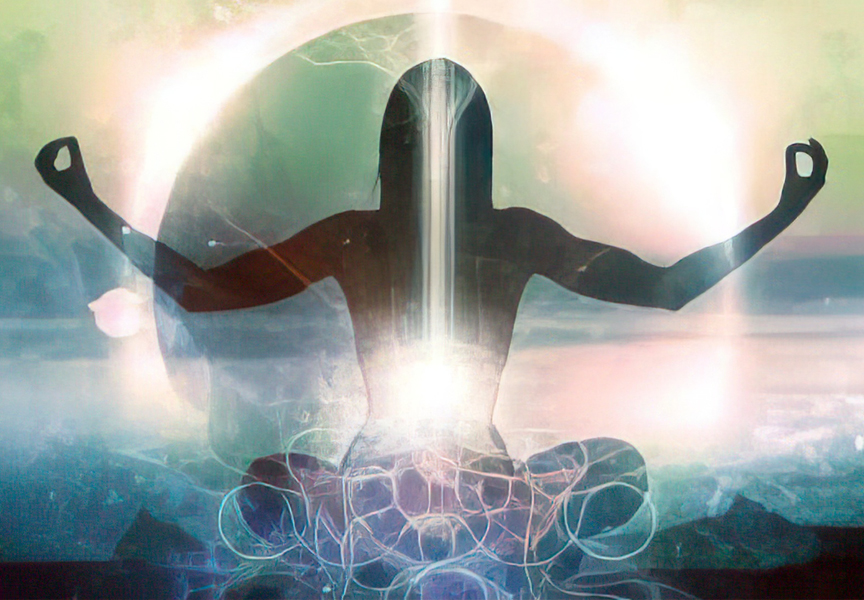
In the realm of ancient Chinese philosophy and medicine, one concept has captured the imagination and curiosity of many for centuries - Qi [Chin.: Qì 气]. Often spelled as "chi" and pronounced as "chee," Qi is a fundamental and vital force that is believed to flow through all living things, shaping our physical, mental, and spiritual well-being. While Qi might sound esoteric to some, its cultivation and understanding play…

